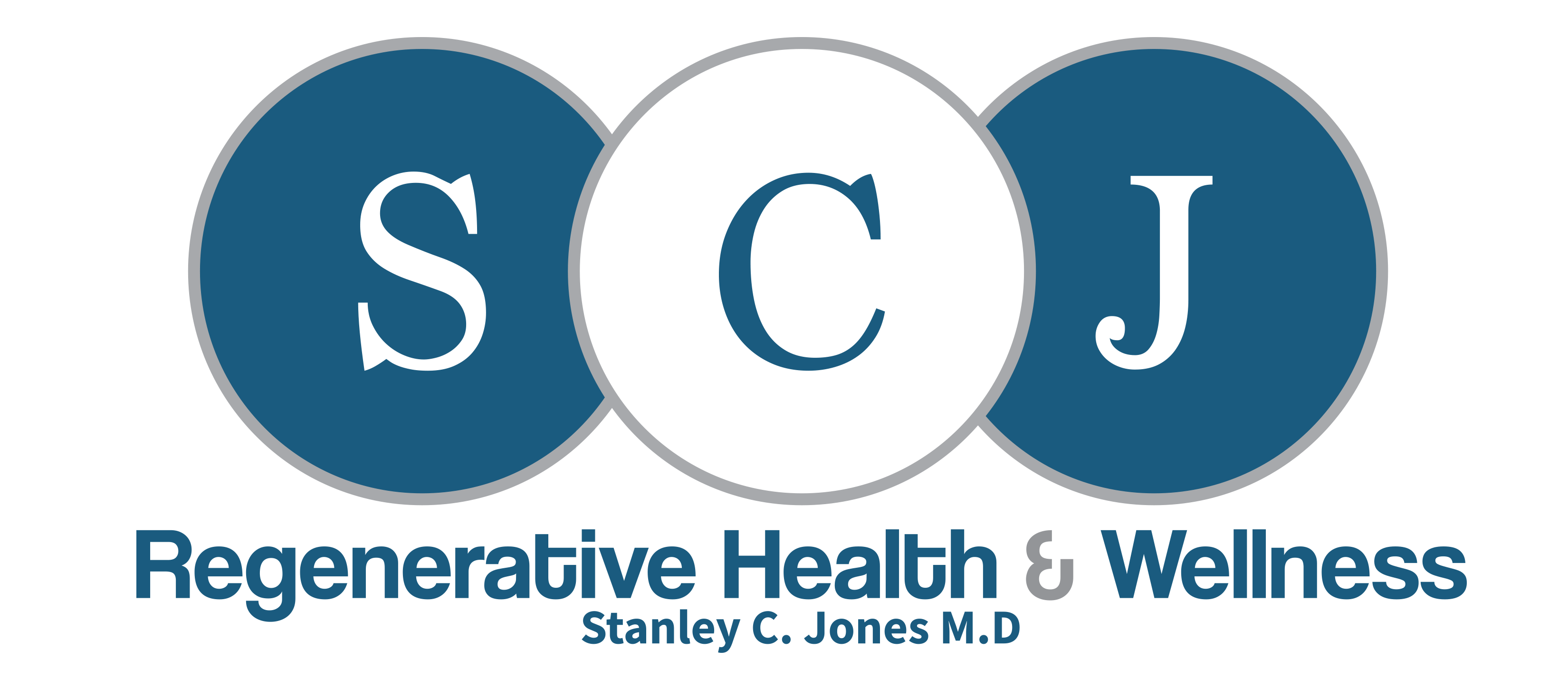
The human body is a beautiful combination of systems and processes that work in perfect harmony to ensure life is sustained. One of the body’s most vital systems is the endocrine system; a collection of glands in the body that produce hormones. Testosterone is one of the many hormones secreted by the endocrine system and serves a variety of purposes in the human body. So, what precisely does testosterone do in your body?
In Men:
Promoting Puberty
As a man, at some point of your life, you woke up and suddenly your voice was significantly deeper than before. You noticed a stubbly beard starting to form, and things down south also got rather hairy. Lots of physical changes started happening that no textbook could have prepared you for. Well, the culprit was testosterone.
In men, testosterone is essential for developing and maintaining male attributes. It regulates several aspects of your body, chief among them puberty. In as much as your pre-teen and teen years might have been an emotional roller-coaster, testosterone had to do its job in making you a man (physically at least).
Good Bone Density and Muscle Mass
Testosterone acts as a major factor in the development of muscle bulk and bone density. Testosterone increases neurotransmitters that encourage tissue growth. In addition, the hormone interacts with the nuclear receptors (cell proteins that sense hormones) in DNA to synthesize proteins. This phenomenon makes it more likely for men to build muscle during exercise.
Additionally, testosterone increases bone density, which adds to the total red blood cell count in the body. Men who suffer from lower testosterone levels tend to suffer fractures and broken bones more often.
Healthy Hair and Skin
Those huge billboards and magazine ads love to sell the narrative of hair-care products doing wonders on hair. But it’s not always about what product you use on your hair or skin. It may be down to your testosterone levels.
As a boy transitions from childhood to manhood, increasing levels of testosterone spur the growth of facial and pubic hair. Testosterone does so by increasing the production of sebum, thereby increasing hair growth. Higher testosterone also helps achieve better skin health by adding elasticity and density to the skin.
Libido
Testosterone is largely responsible for a man’s sex drive. As a man matures from his teen years all through his 20s, his testosterone levels increase steadily, peaking at about age 30. That explains why younger men, particularly those in their 20s, tend to have higher libido levels than older men.
Lower levels of testosterone can also lead to erectile dysfunction and low semen volumes. Prolonged periods without sexual activity may cause a drop in the levels of testosterone, leading to further declines in sex drive.
In Women:
Contrary to common belief, women also produce testosterone in their ovaries, albeit in smaller amounts than men. In women, testosterone serves several functions.
Normal Ovarian Function
For a woman’s ovaries to function properly, there needs to be a balance between testosterone and estrogen. In combination with estrogen, testosterone aids in the growth and repair of female reproductive tissues. That little bit of testosterone in a woman’s body goes a long way.
Bone Strength
Just like in men, testosterone plays a critical role in helping women gain and maintain healthy bone mass. The trace amounts of testosterone found in women help to inhibit bone resorption (a process by which bone cells break down bone tissue and release minerals). This process helps maintain bone mass and, therefore, build bone strength.
Libido
Following a 2003 USA study on the effects of testosterone on women’s sex drive, there is now evidence to suggest that testosterone plays a role in women’s sex drive. Investigators found that boosting the levels of testosterone in women suffering from reduced sexual arousal increased their sex drive.
Effects of Low Testosterone on the Body
Given the benefits of testosterone, a deficiency of the hormone often leads to a variety of issues. Men typically experience low sex drives accompanied by issues of erectile dysfunction, which makes it harder for men to get and sustain erections. In extreme cases, men may not be able to achieve an erection at all.
Since testosterone plays a role in muscle mass generation, low levels of the hormone can lead to significant loss of muscle mass. This phenomenon may lead to one arm or leg appearing noticeably smaller than the other, weakness in one limb or a general difficulty in balancing.
Low levels of testosterone may also lead lower energy levels and increased fatigue. Even after adequate amounts of rest, an individual may still feel tired and experience decreased interest in exercise and movement.
How to Overcome Low Testosterone Levels
With an ever-increasing number of men suffering from low testosterone levels, the situation deserves due diligence. Thankfully, there are adequate measures to mitigate the issue. Here are some useful tips.
Testosterone supplements help replenish diminishing testosterone levels by directly increasing levels of the hormone or by preventing it from being converted to estrogen. Testosterone boosters help in the production of more testosterone by incorporating certain minerals such as magnesium and zinc to help boost stamina and libido.
Aside from artificial supplements and boosters, there are also a few natural options you could go for. Eating protein-rich foods such as chicken, fish, lean beef, and eggs is an excellent option. Additionally, foods such as spinach, cashews, almonds, and peanuts are all great sources of magnesium and help boost testosterone production. If you fancy going the vegan route, then consider adding pomegranates to your diet for an added boost to your testosterone levels.
Conclusion
Testosterone is a useful hormone whose significance in the human body cannot be understated. Without this amazing hormone, human lives wouldn’t be the same. Too much or too little could prove to be massively detrimental, and as such it is vital to get a regular checkup at your local doctor’s office. An issue with your testosterone could point to deeper issues down the road.
Interested in speaking to a doctor about testosterone therapy? Click here.
Resources:
healthline.com/health/low-testosterone/effects-on-body#9
medicalnewstoday.com/articles/276013#treatment
examine.com/nutrition/increase-testosterone-naturally
